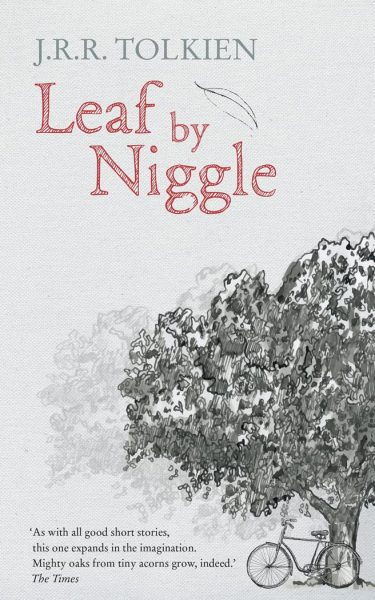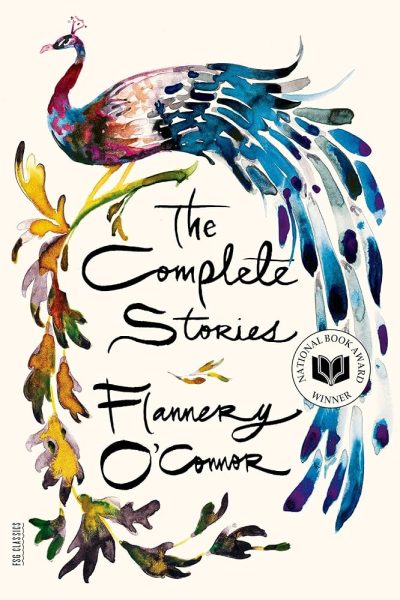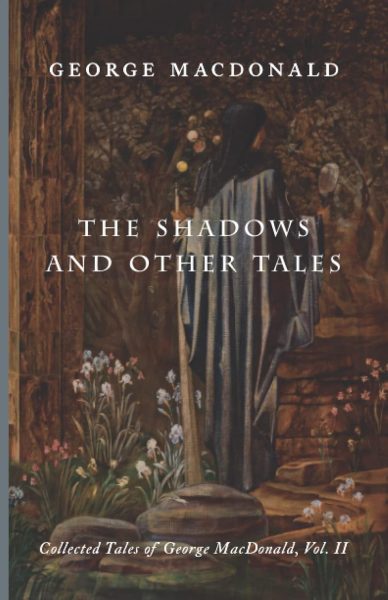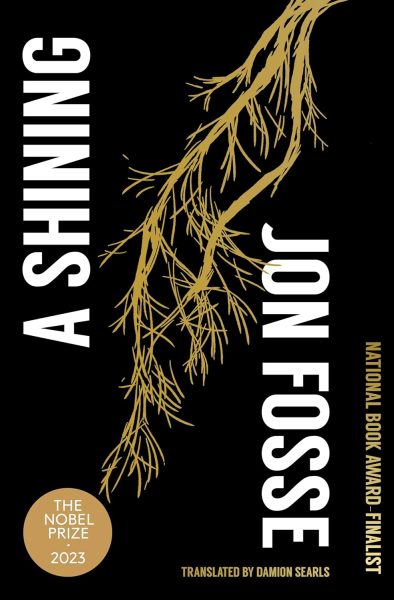As the semester starts and the pace ramps up, not all of us have the time to read more books for fun on top of our classes’ reading requirements. For those who want to read more books but do not have the time to read a 300-page novel, here are some short stories you can read between class breaks or on the weekend. But don’t let the few pages deceive you for being without depth: these short stories might deeply change your perspective.

“LEAF BY NIGGLE” (J.R.R. TOLKIEN)
The story follows Niggle, an artist and a bit of a perfectionist. He envisions painting a grandiose picture of a tree but is always interrupted by outsiders or his neighbor, Parish, who is practical and not an aficionado of art. Niggle must finish his painting before his “journey,” a symbol of the afterlife. This story explores love and responsibility, the value and meaning of our work, our end, friendship, the church (his neighbor is named “Parish”), and many more contained in the little life of Niggle. Tolkien wrote the piece when he had writer’s block while trying to write “The Lord of the Rings.” It is widely interpreted that Tolkien wrote about himself in the character of Niggle. In a letter to his friend and editor Stanley Unwin, Tolkien wrote: “It is not really or properly an ‘allegory’ so much as ‘mythical’. For Niggle is meant to be a picture of the typical artist (of any kind).”

“REVELATION” (FLANNERY O’CONNOR)
“Revelation” is a good introduction to Flannery O’Connor if you have not read her works previously. This story is set in the 1960s, a period marked by racial tensions and changing social norms. The story opens in a doctor’s waiting room with patients from all different backgrounds and dispositions. Mrs. Turpin is accompanying her husband, Mr. Turpin, to the doctor because of his leg injury. The conversation reveals Mrs. Turpin’s beliefs in the inherent superiority of her race as she also considers herself a good Christian. Follow along with this melting pot of a room as prejudices, piety and classism, revelation and racism and God and the devil collide. O’Connor writes with full awareness of the meta-narrative in her seemingly simple, microscopic story.

“WHERE LOVE IS, THERE GOD IS ALSO” (LEO TOLSTOY)
Martin Avdeitch is a shoemaker who leads a simple life, working in his basement workshop. He lost his wife and all of his children. Consumed with grief, Martin believes his life has lost its purpose. One day, a holy man advises him to read the gospels, and as time passes, his spirit is lifted. At night, he has a dream that the Lord will visit him the next day.

“THE SHADOWS” (GEORGE MACDONALD)
Ralph Rinkelmann is invited to be king of a world ruled by shadows. In this world, shadows are sentient, telling stories and moving when people are asleep. The shadows represent the people’s dreams, desires, and various emotions. While people tend to focus on what is visible, they represent what is often unspoken and repressed.

“A SHINING” (JON FOSSE)
A Shining’ was inspired by the story “Divine Comedy” by Dante Alighieri which opens with the main character lost in the middle of the dark woods. In the Shining, a man drove mindlessly, turning left and right until his car became stuck deep in the forest. He got out of the car and it started to snow. As he drove far into the forest, receiving help seemed improbable but nonetheless he plowed through the snow looking for someone. The opening sentence of “A Shining” — “I was taking a drive” — quickly escalates as Fosse leads you into a mystifying, bizarre, and disorienting journey. The book is uniquely narrated with the thoughts of the main character, whose name is never mentioned.
These are some of the many wonderful short stories to squeeze into your busy day that contain mesmerizing insights. Flannery O’Connor once said that “the meaning of fiction is not abstract meaning but experienced meaning, and the purpose of making statements about the meaning of a story is only to help you to experience that meaning more fully.” I hope this may be an invitation for you to read or reread these wonderful short stories for their exhaustive wisdom and extra-curricular pleasure.






